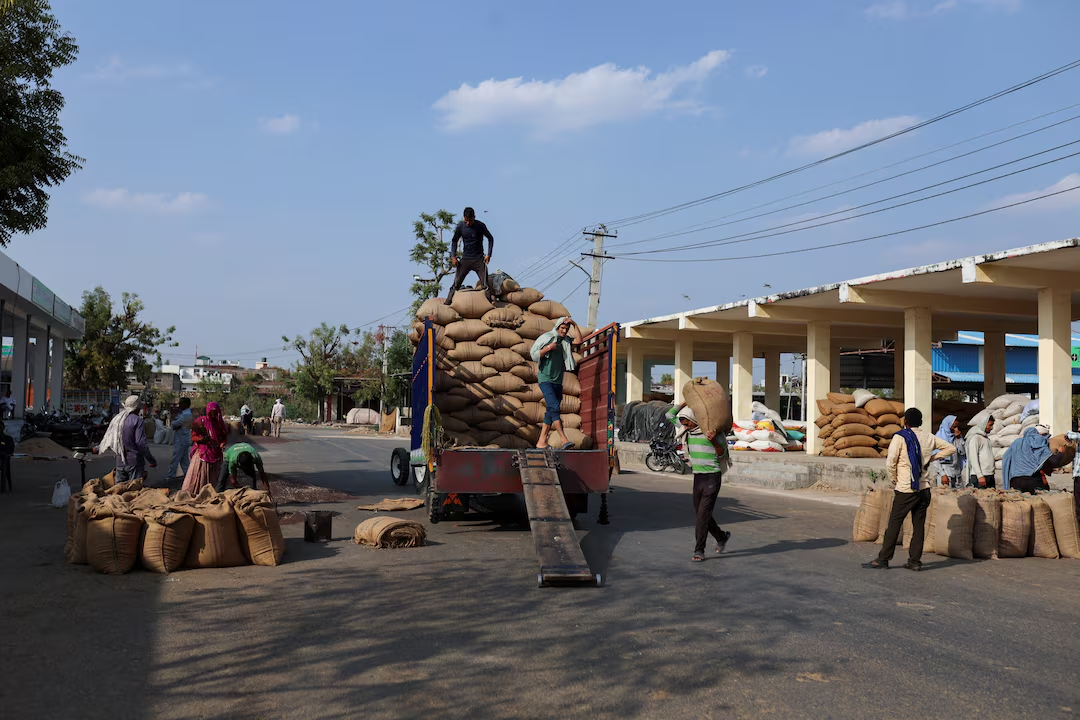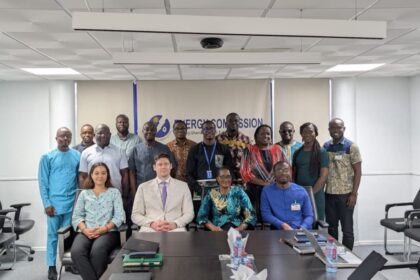Accra, Ghana – Environmental sustainability expert Jacob Johnson Attakpah, Project Manager of Zero Waste Cities at Green Africa Youth Organisation (GAYO), has emphasized the importance of decentralized waste management in reducing waste management costs and promoting sustainability.Week
According to Attakpah, waste is best managed at the municipal level rather than being transported over long distances.
In an exclusive interview with Climate Watch during the Eco-Seminar for students organised by GAYO Eco-Clubs, University of Ghana Chapter in partnership with the University of Ghana Plastic Recycling Project (UGPRP) and the TF Hostel Junior Common Room (JCR).
The Eco-Siminar for students was part of the TFXperience Hall Week celebration that brought together students, sustainability advocates, and campus leaders to address the growing plastic waste crisis among university hostels.
He further indicated that decentralized waste management offers several benefits, including reduced waste management costs where communities can reduce transportation costs and allocate resources more efficiently.
Also, decentralized waste management he noted encourages community participation and ownership, leading to more effective waste management practices, promotes sustainability by reducing waste disposal in landfills, encourages recycling and composting, creates jobs, and stimulates local economies.
On the role of government and industry, Attakpah called on the government to provide local governments with the necessary resources and support to manage waste effectively.
This includes the government providing local governments with the necessary funding and infrastructure to manage waste effectively.
In addition, the formalization of policies and regulations by the government to support decentralized waste management and encourage sustainable practices, providing capacity-building programs for local governments to enhance their waste management capabilities.
On the part of the industries, the environmental expert Jacob Johnson Attakpah reiterated that they also have a responsibility to promote sustainable waste management practices.
Attakpah urged industries to phase out single-use plastics that are problematic and invest in reusable products and refill systems, invest in sustainable packaging solutions that reduce waste and promote sustainability, and adopt circular economy principles that promote waste reduction, recycling, and sustainability.
Attakpah’s call to action underscores the significance of collective action in fostering sustainable waste management practices in Ghana.
By working together, Ghanaians can promote sustainable waste management practices, create a cleaner and healthier environment, and support local economic growth.
Decentralized waste management is a critical step towards promoting sustainability and reducing waste management costs in Ghana.
By working together, Ghanaians can create a cleaner, healthier, and more sustainable environment for all.
Source: www.climatewatchonline.com












